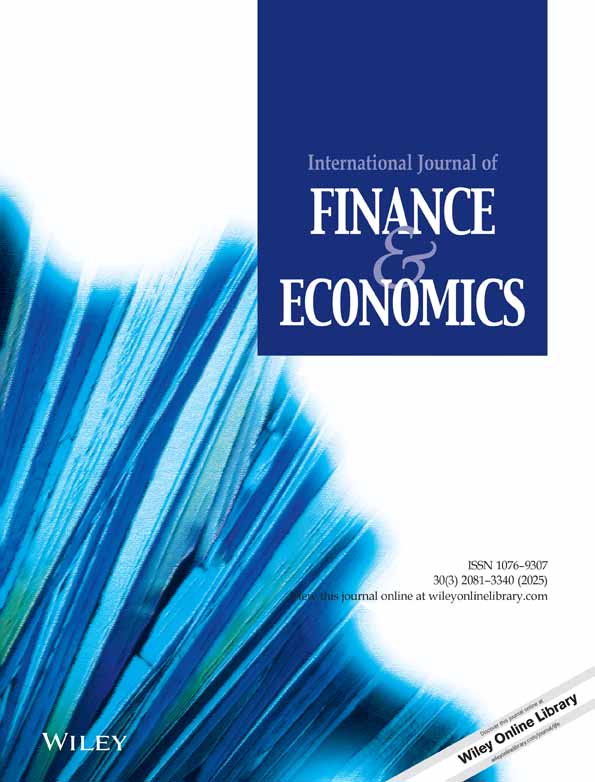Monetary policy and equity returns: The role of investor risk aversion
Abstract
This article examines the role of investor risk aversion in the transmission of monetary policy to stock returns based on U.S. data. Our results show that following an expansionary monetary policy shock, investor risk aversion falls, leading to a decrease in the equity risk premium and an increase in equity returns. Moreover, the returns of high-beta stocks increase much more than those of low-beta stocks. Finally, we investigate the mechanism through mutual fund flows. We find that high-beta funds attract greater inflows in response to lower interest rates, and there is a positive relationship between fund returns and flows. Our findings have policy implications for financial stability.
CONFLICT OF INTEREST STATEMENT
The authors declare no conflict of interest.
Open Research
DATA AVAILABILITY STATEMENT
The data that support the findings of this study are available from CRSP, Center for Research in Security Prices. Restrictions apply to the availability of these data, which were used under licence for this study. Data are available from the author(s) with the permission of CRSP, Center for Research in Security Prices.




